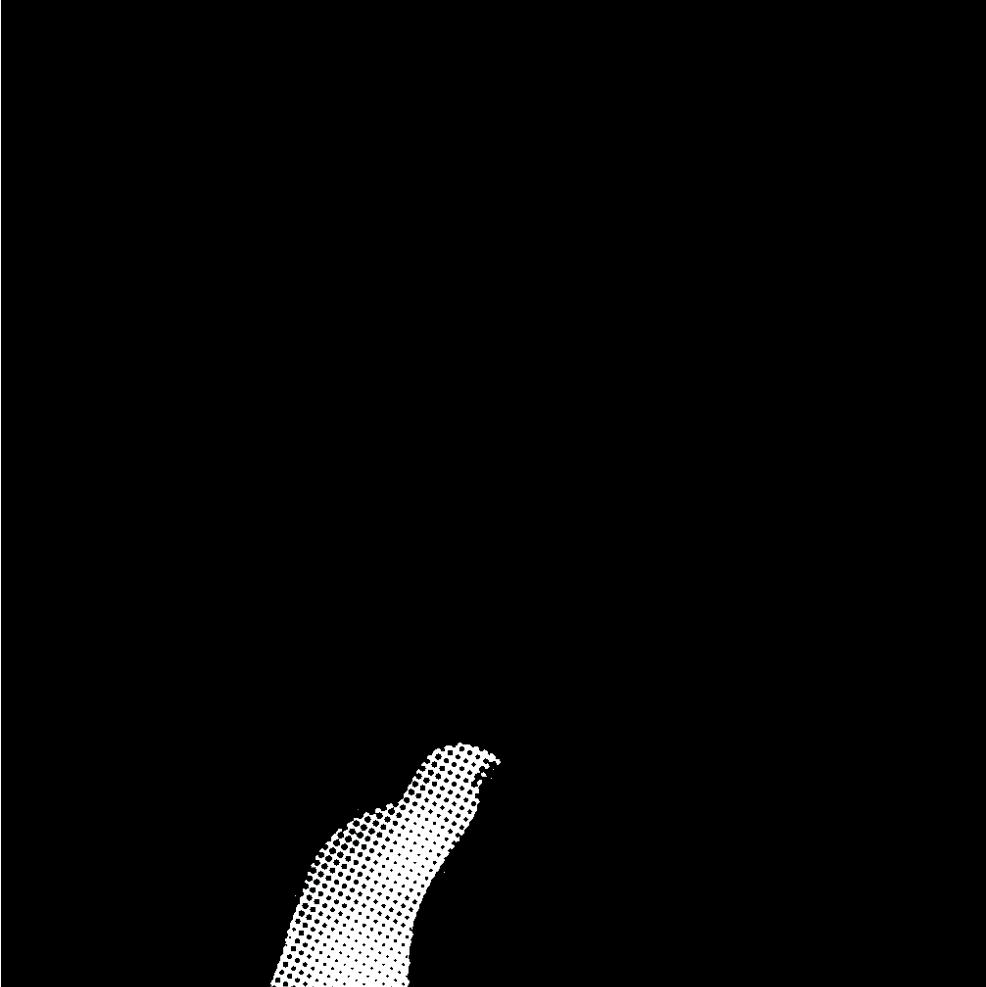
4 minute read
ROBBIE & MONA
INDUSTRIAL-NOIR / AVANT-POP DUO
Robbie & Mona’s uncategorisable albums EW and Tusky are characterised by elasticity and unpredictability. Always built around the gorgeous, diaphanous lead vocal of Ellie Gray, multi-instrumentalist Will Carkeet’s production free-wheels through glitch-pop, lounge, art-punk, EBM and more What were the original ideas behind the project, and what drives this emphasis on structural and textural unpredictability?
Advertisement
Making sounds, lyrics and songs is an opportunity to get in touch with a part of you that doesn’t belong to the logical world. When engaging with that, it doesn’t necessarily always come out in linear ways. At the same time, there is always a mood we are chasing, so the pursuit of that mood is what creates the structure.
Your track ‘Sherry Prada’ from Tusky samples the Oliver Wilde song ‘Sad Sack’, taken from his 2016 EP Long Hold Star An Infinite Abduction
Prior to forming Robbie & Mona, you both performed in Oliver’s band Pet Shimmers What influence has Oliver’s music, and working with him in Pet Shimmers, had on your music?
Oliver’s music has always been a sonic rabbit-hole you go down and into – off into your own emotional world. That going ‘inward’ is very much an influence on our music. For both of us, ‘Sad Sack’ was our favourite before we knew each other; upon finding this out, we enjoyed knowing that we had simultaneously been listening to it whilst going through break-ups. Oliver also physically brought us together through the assembling of Pet Shimmers. It felt meaningful and synchronistic, so we wanted to honour that by having ‘Sad Sack’ sparkling underneath this love song.
While Ellie’s vocal performances are generally delivered in a ballad setting, her voice is often manipulated in your recordings – from its distortion beyond intelligibility in ‘Slow Club LUV’ to its heavy layering in ‘Queen Celine’. What influenced Ellie’s vocal style, and what broadly inspires its manipulation where this is used?
We like that monotone female delivery found in things like Broadcast and Roger Doyle, so the manipulation kind of brings that out a bit - making the voice more like a texture. Whenever I (Ellie) hear those delicious, monotone female voices, I feel at home. It has also felt good to explore my voice, and what it can do outside of a monotone texture.
Your music places synthesised electronic sounds in conversation with live instrumentation How do you see these as relating to each other in your music, and influencing how the songs ’ themes and messaging are conveyed?
We want it to create a classic feel, alongside the eccentricity that electronic music is good at achieving. We like chaos, but at the same time we like refinement. We don't think we’ve gotten too bunched up in what you’re 'supposed' to do with this instrument or that sound, and have hopefully used them more as tools to paint the mood.
Your music also makes occasional use of heavy electronica: from the lurching industrial bridge in ‘Queen Celine’ to the blistering freakout in Tusky-highlight ‘Dolphin’. What draws you to using heavy electronic sounds in the instances you do, and to what extent do you think your approach to these sounds has been influenced by peers in Bristol’s rich industrial electronic scene?
We love projects like Giant Swan, Kinlaw & Franco Franco and Max Kelan, who use noise to take you to the edge of yourself. We are also influenced by the way EBU creates a mad landscape through electronic sounds that you very viscerally enter. Bristol is where we have spent a lot of our formative years, so its music scene has definitely been seeping into our listening ears and nervous systems.
Perhaps my favourite track of yours is the Tusky closer ‘Always Gonna Be A Dead Man’ What can you tell me about the creation of this piece, and the ideas behind it?
‘Always Gonna Be A Dead Man’ is about the magic effects that fiction and the imaginal can have upon our perspective of reality – like an ode to fiction.
We were watching the 1946 Jean Cocteau film LaBelleEtLaBête, and we sampled a bit of the Beast’s voice in the song. It was the first song we wrote for the new album. The mood we were following was happiness mixed with an off-kilter irksomeness: reflecting the way imagination can present wonderment, but also intrusive thoughts. The name of the song comes from a stupid moment when we were watching Bad Boys , and realised there always (and casually) seems to be a dead man in stories.
‘Mildred’ from TUSKY features a guest spoken-word piece, contributed by Monika from the London-based collective Nukuluk. What inspired this collaboration, and what do you think its effect is in the context of the track?
We asked Monika to write and deliver something on 'pain'. He came back with his first demo and it was stunning – his delivery is so rich. We had gone to many Nukuluk shows and always found his voice and delivery so emotional and intense. It sends the song into a different world.
Will has also produced Bristol-based projects such as DAMEFRISØR, working out of the new basement studio in Bristol institution The Louisiana To what extent do you think working with other projects here, and the landscape of Bristol’s music generally, has influenced your approach to Robbie & Mona?
If I'm honest I don't think producing bands has influenced us. When producing music for other bands, you have to approach all the projects differently as everyone’s music has its own unique expression. Robbie & Mona requires a different part of Will. Bristol’s music is a constant source of inspiration though: projects like DAMEFRISØR, Jabu and Scalping are constantly creating unimaginable worlds.
What are your ambitions for the project?
We are going for slower and moodier music. We’re writing an album for the slowcore club scene with big subs in mind, unlike the last two albums which were very much written as albums to be listened to with headphones. We also want to make a feature length film score. We want to be flown out to Miami and have the sun influence the dark and see what happens!

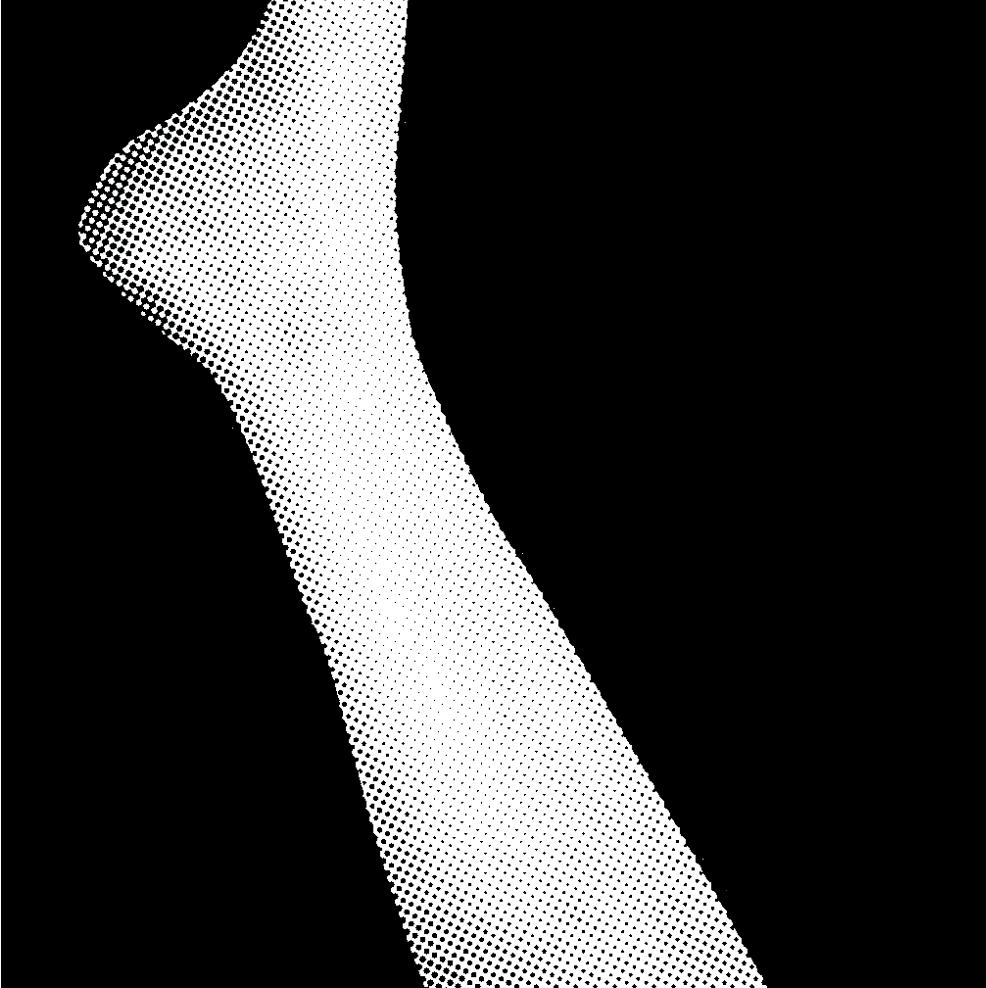
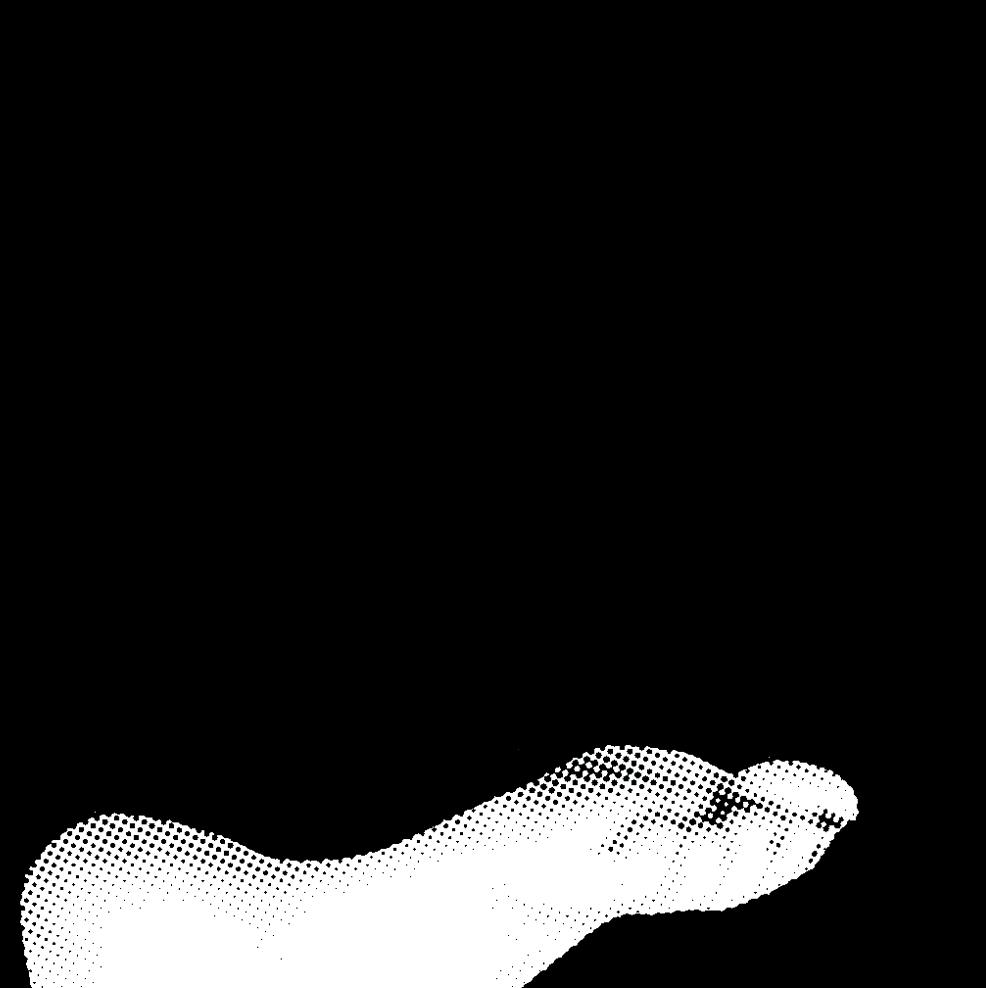
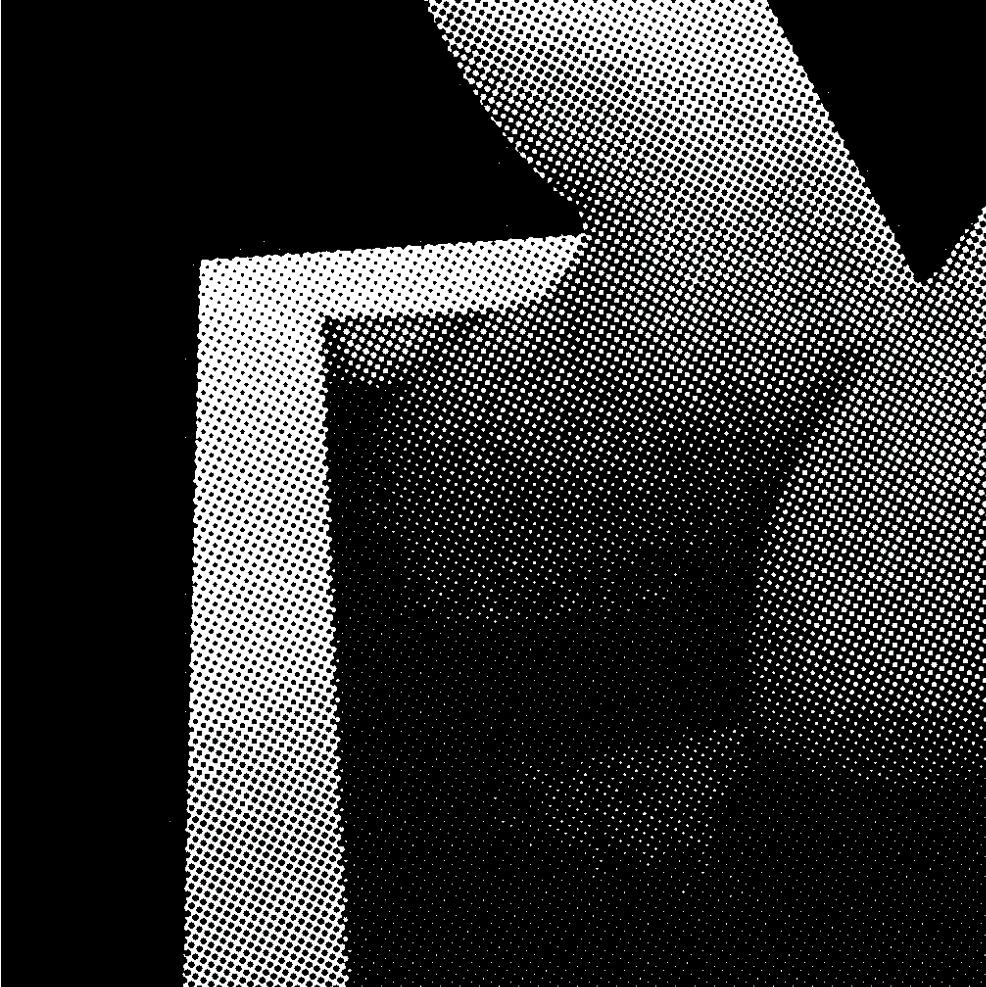
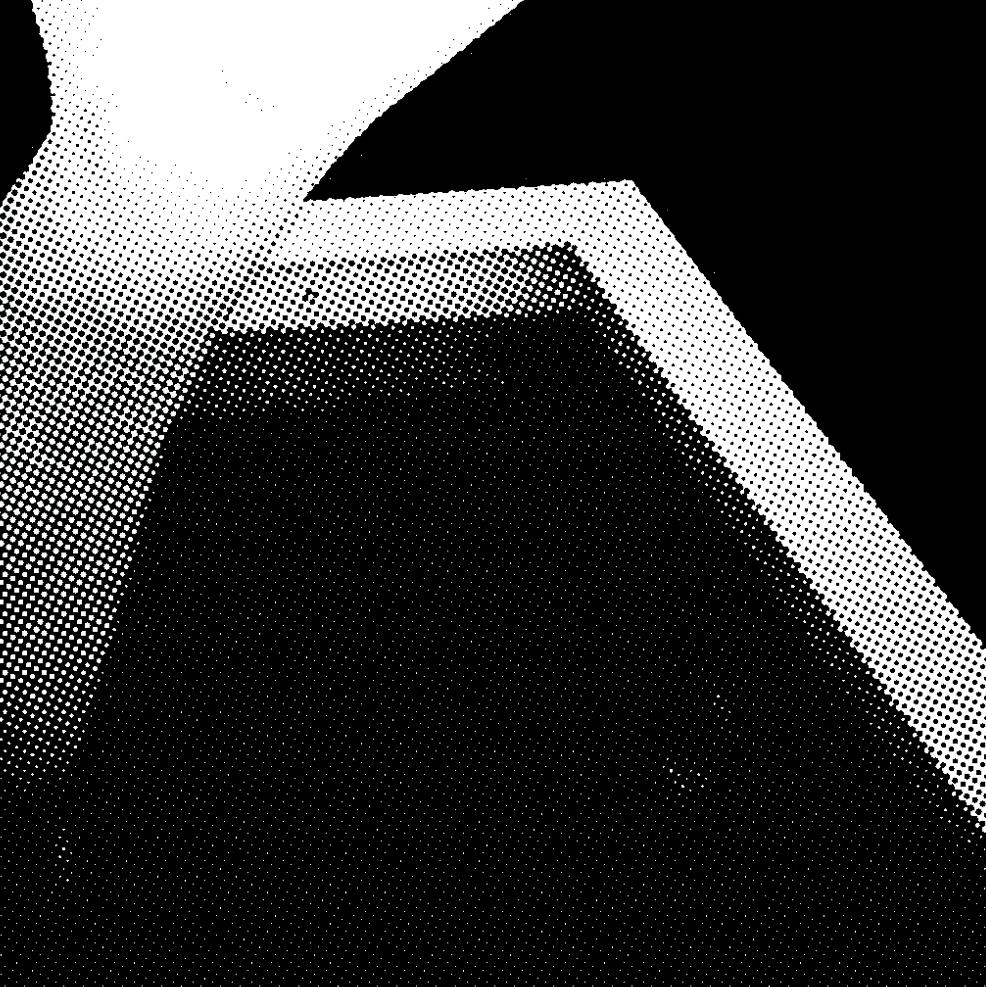
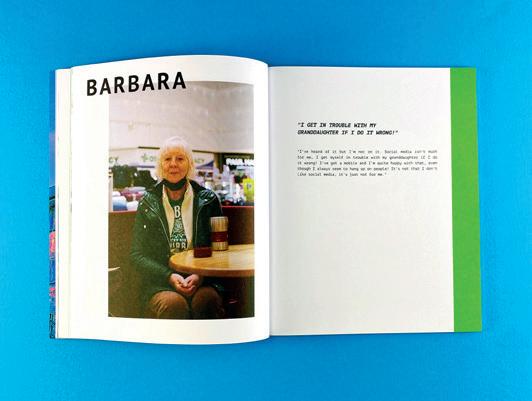
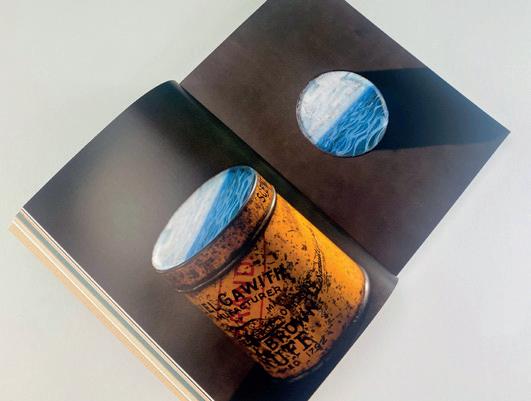
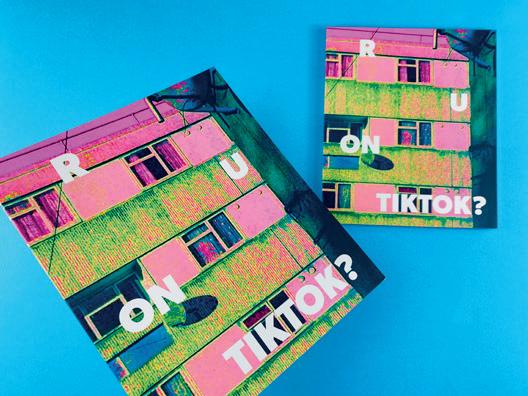
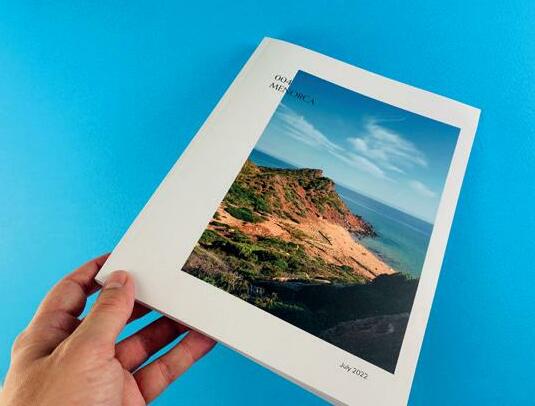
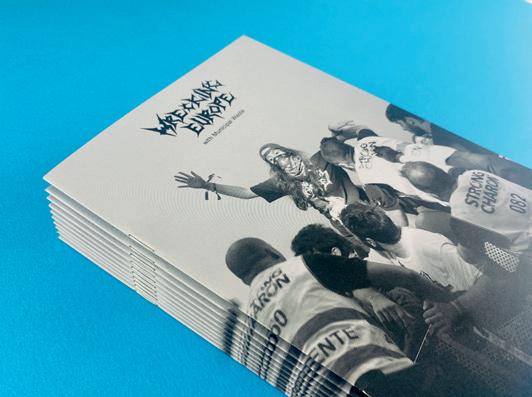

Demand
15 Necessary CHANGE
For RECENT EVENTS Prove Support Will Not Be Freely Given To Independent Music.
The final issue of this publication finds itself in the shadow of the GLOBAL PANDEMIC. Amongst its horrors, it presented the worst CRISIS in the history of the modern music industry. The Jobs Lost
The Venues Sunk
The Opportunities Destroyed AND YET
“Art and Culture have been more in people’s mouths in England than they have ever been before”
What Support Came?
What Old Ills Were Emphasised?
We have seen how the independent music industry is UNDERVALUED by those with the Financial and Political influence to strengthen it.

